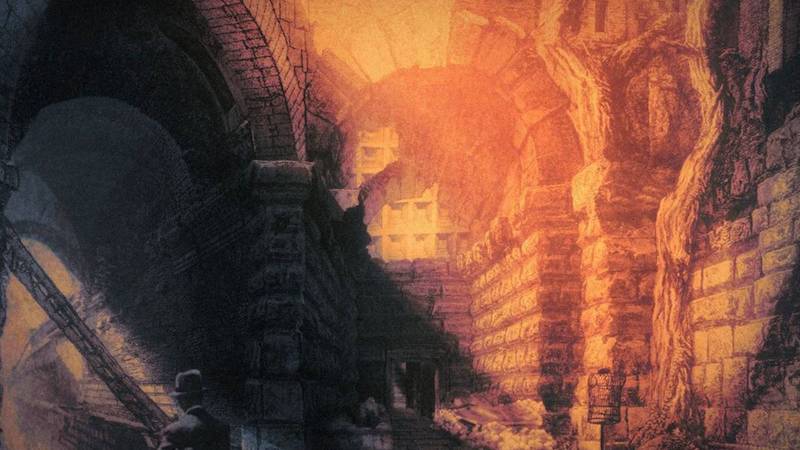QUICK SNAP: LIVE FROM LOCARNO
The desert, in its bleak, existential emptiness, offers man the chance to discover his destiny. There’s a reason Moses didn’t travel through lush vegetation and rolling hills for 40 days. There’s nothing, nothing, nothing before suddenly something. Something quite remarkable indeed. Perhaps the origin of all human life.
My opening oversells Fragments From Heaven somewhat, a poetic, if slight, documentary from Morocco with two complimentary strands: firstly, the story of Mohamed, a nomad who pursues the desert for meteorite debris, believing it has the power to change his life, and Abderrahmane, a scientist who is exploring the origin of these rocks in order to answer questions about the Big Bang itself. Combining long takes with ambient sound design, and heated discussions with Terrence Malick-style voiceover, this documentary takes you on a quest, touching on topics both scientific and existential.
There are shades of Werner Herzog’s recent geographically-minded documentaries here, such as Into The Inferno (2018) and Fireball: Visitors from Darker Worlds (2020) — looking at the physical world in order to understand the man-made one. But Adnane Baraka’s film — which he shot, edited, and sound-designed himself — has no conventional talking heads and a much smaller scope and budget, keeping its perspective relatively close. It begs to be seen in a cinema, considering the experiential duration of the desert-set takes, following characters around as they look for these rare meteorite fragments. At home on a computer screen, your attention may easily wane.
We learn back in Abderrahmane’s research centre, that not only are these fragments potentially millions of years old, but they actually pre-date the sun itself. At one point, we even learn that some fragments have organic matter on them, briefly begging the question that there may be life elsewhere in the universe. In one discussion with his students, he even argues that understanding these fragments could be the key to understanding how the universe began. Given the importance of the work, someone needs to give this man more funding right away!
He is the classic scientist, speaking French, while Mohamed, speaking Amazigh, working on the ground with his wife and children, is far more religious-minded. And while the two subjects never meet, they do seem to be in dialogue with one another, creating an interesting tension between faith and science. Perhaps the final answer still resides in the stars?
Ending with a Tree Of Life-like (Terrence Malick, 2011) evocation of the sun burning and lights flaring and fire piercing the cosmos, Baraka finally aims for profundity and awe — reminding us of the infinite potential of the universe around us, small shards of which are more likely to collect in the Moroccan desert than almost anywhere else on earth. Nonetheless, these moments do come after plenty of ponderous takes. There is a lot to think about, but a lot of wading through the desert is needed to get there.
Fragments From Heaven plays as part of Concorso Cineasti del presente at the Locarno Film Festival, running from 3-13th August.









